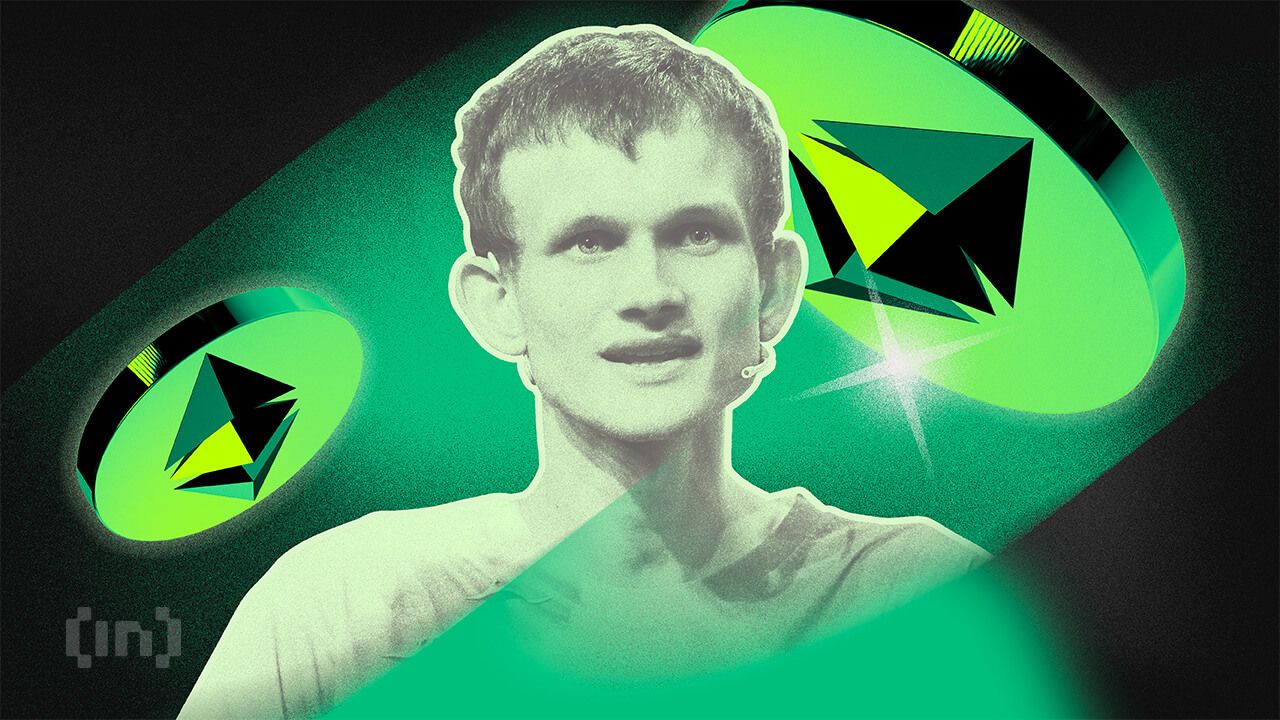ZK Voting Push After Judge Fire; $10B by 2030

Ethereum co-founder Vitalik Buterin has known as for using zero-knowledge (ZK) cryptography to allow secret-ballot voting in governance and judicial techniques. He mentioned anonymity might help shield judges and lawmakers from retaliation.
His feedback got here after a tense case in South Carolina. Circuit Court Judge Diane Goodstein’s home burned down following weeks of threats linked to her election-related ruling. The incident reignited debate over public security and judicial independence.
Sponsored
Sponsored
Vitalik Calls for Secret Governance Voting
Buterin argued that “in an era of easy physical retaliation,” anonymity ought to lengthen to judges, lawmakers, and worldwide our bodies such because the UN General Assembly.
Investigators have acknowledged there isn’t any signal of arson, in accordance with a TIME report. The investigation, nonetheless, stays energetic as authorities proceed to assemble proof.
Market Growth and Ethical Debate
Zero-knowledge proofs—cryptographic techniques that show a press release with out revealing the underlying knowledge—first gained widespread use in blockchain functions, significantly for enhancing privateness and scalability. Today, they’re shifting into governance. ZK proofs can confirm voter eligibility and audit outcomes with out exposing identities. This “verify without trust” idea now helps digital identification, finance, and even regulatory compliance.
Sponsored
Sponsored
Aligned.co has forecast that the ZK proving market might attain $10.2 billion yearly by 2030. The agency tasks roughly 87–90 billion proofs per 12 months, with a mean value per proof of $0.12. As computing {hardware} improves, ZK techniques could course of 83,000 transactions per second—practically matching Visa’s velocity. This development reveals ZK’s potential to turn out to be enterprise-grade infrastructure.
BeInCrypto has reported on the basics of ZK expertise, reported Buterin’s criticism of deceptive “ZK-washing,” and reported on new ZK-based voting instruments that protect anonymity whereas proving eligibility.
Supporters say nameless voting might discourage intimidation and shield judicial independence. They notice that secrecy already exists in jury deliberations and papal elections. However, critics warn that an excessive amount of anonymity might weaken oversight and scale back public belief in establishments. Therefore, the problem is discovering a steadiness between security and transparency.
Buterin has additionally cautioned that “one-person-one-ID” techniques—although ZK-protected—may nonetheless allow coercion if centralized. He as a substitute promotes “pluralistic identity” fashions, the place a number of decentralized issuers share verification authority to forestall abuse.

The broader Zero Knowledge (ZK) sector at the moment holds a market capitalization of $8.45 billion, reflecting a slight 0.2% decline up to now 24 hours, in accordance with CoinGecko knowledge. Despite the marginal drop, the section stays one of many fastest-growing niches in blockchain infrastructure, pushed by demand for privacy-preserving and scalable computation.
Overall, the controversy reveals how ZK cryptography is evolving from a blockchain scaling device to a civic safeguard. As policymakers and builders discover these techniques, stronger transitions from privateness to accountability will outline the subsequent part of digital governance.


